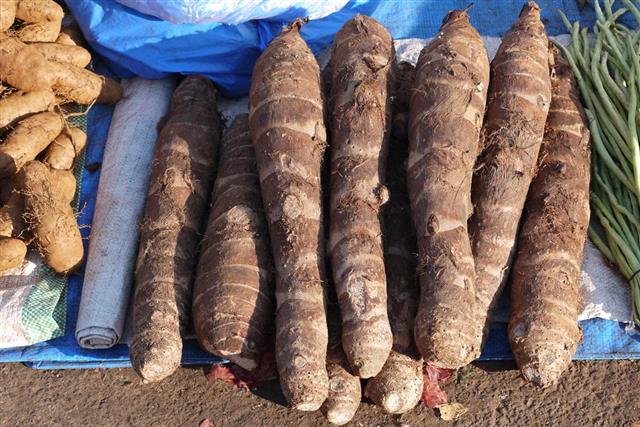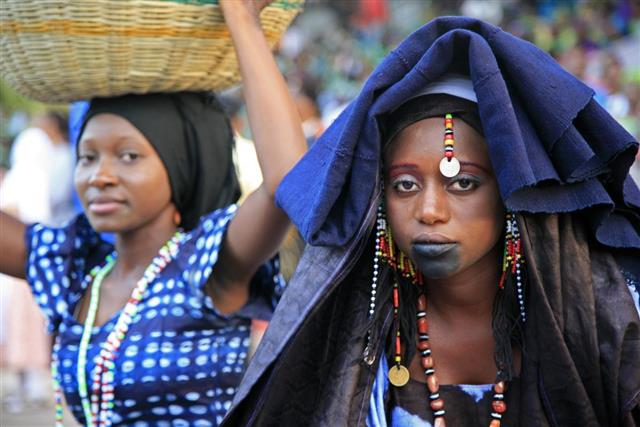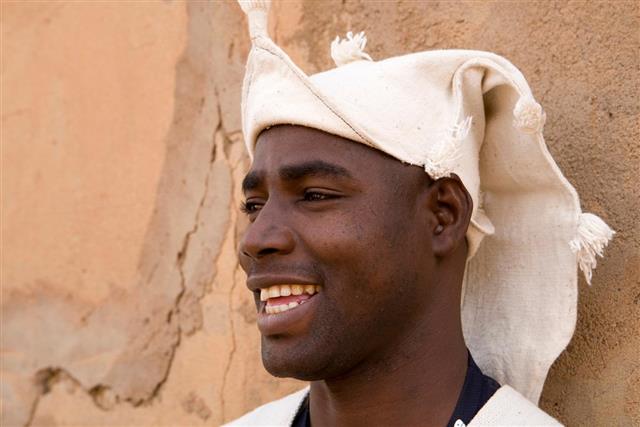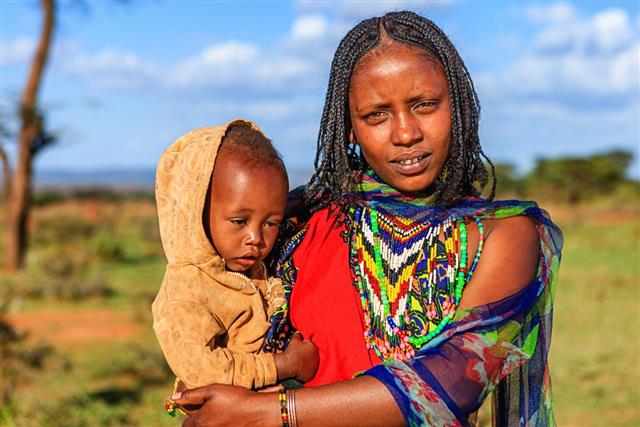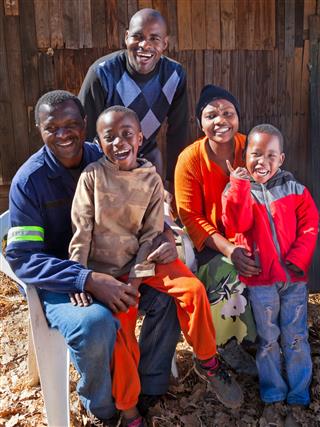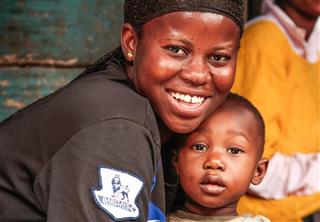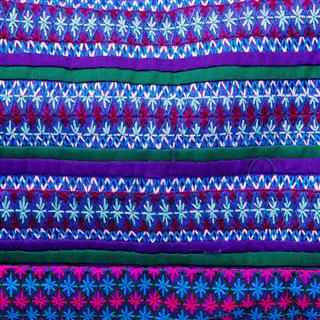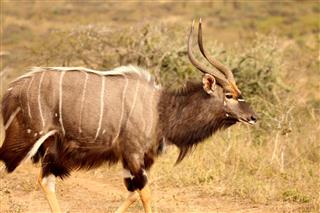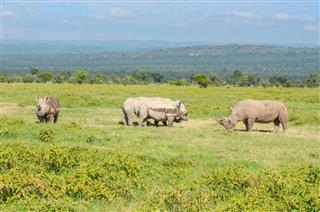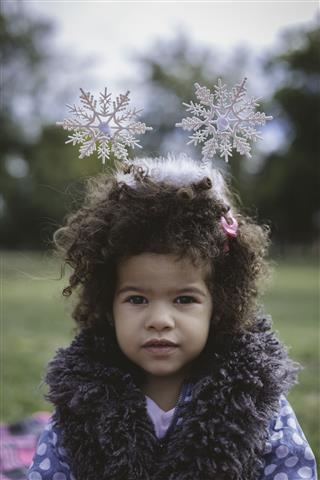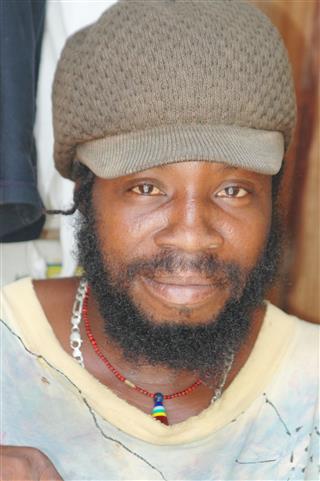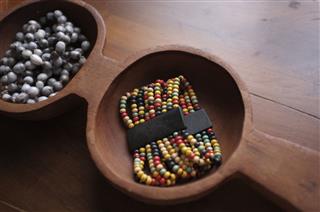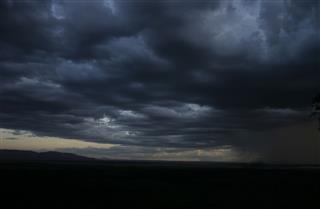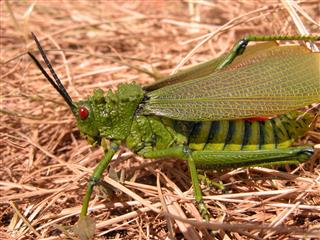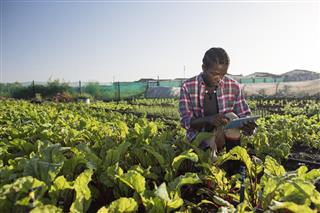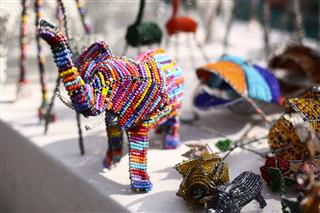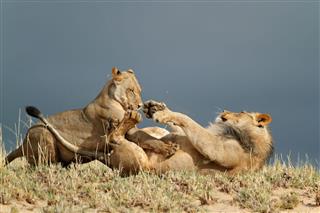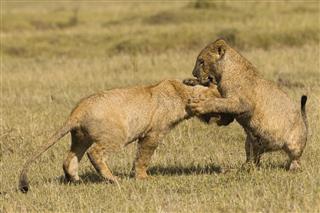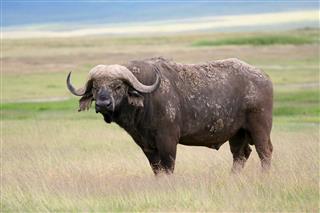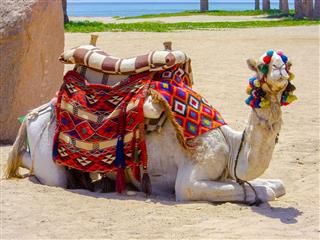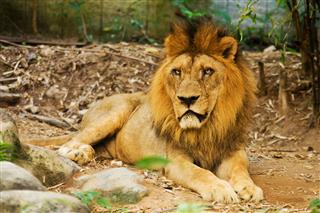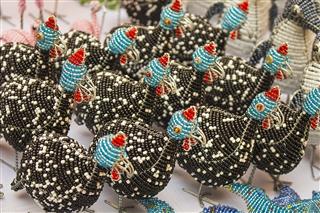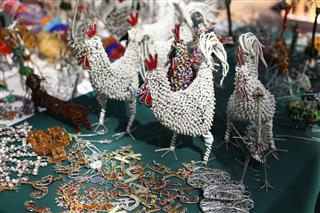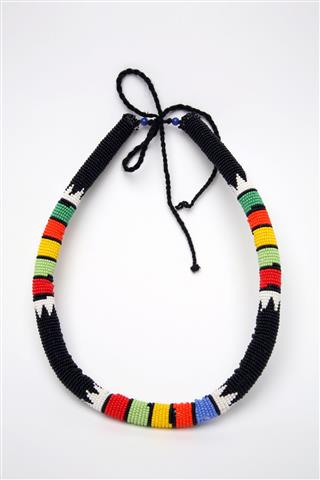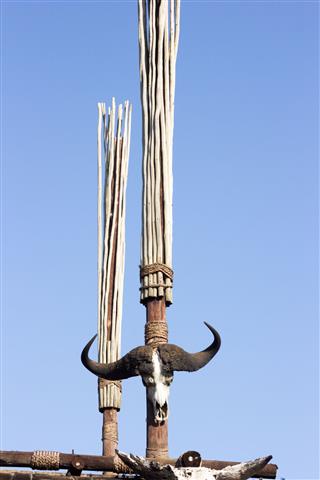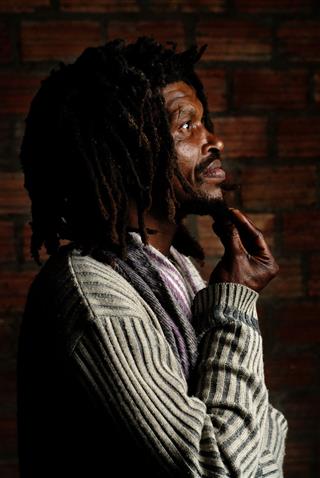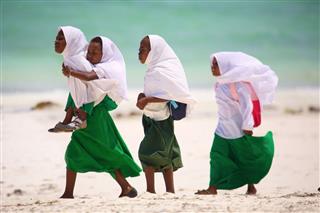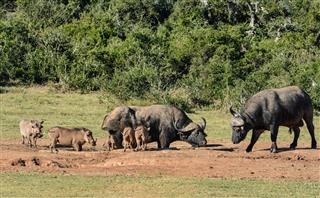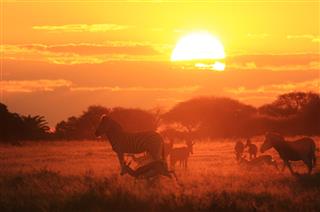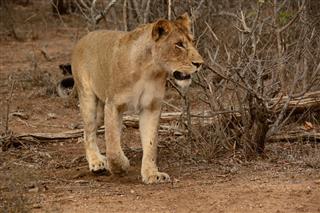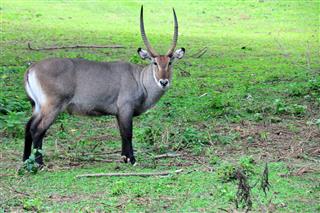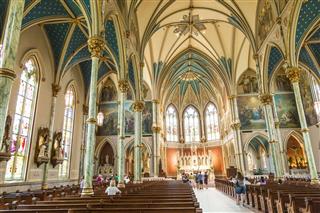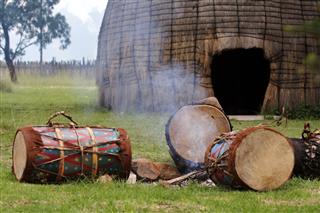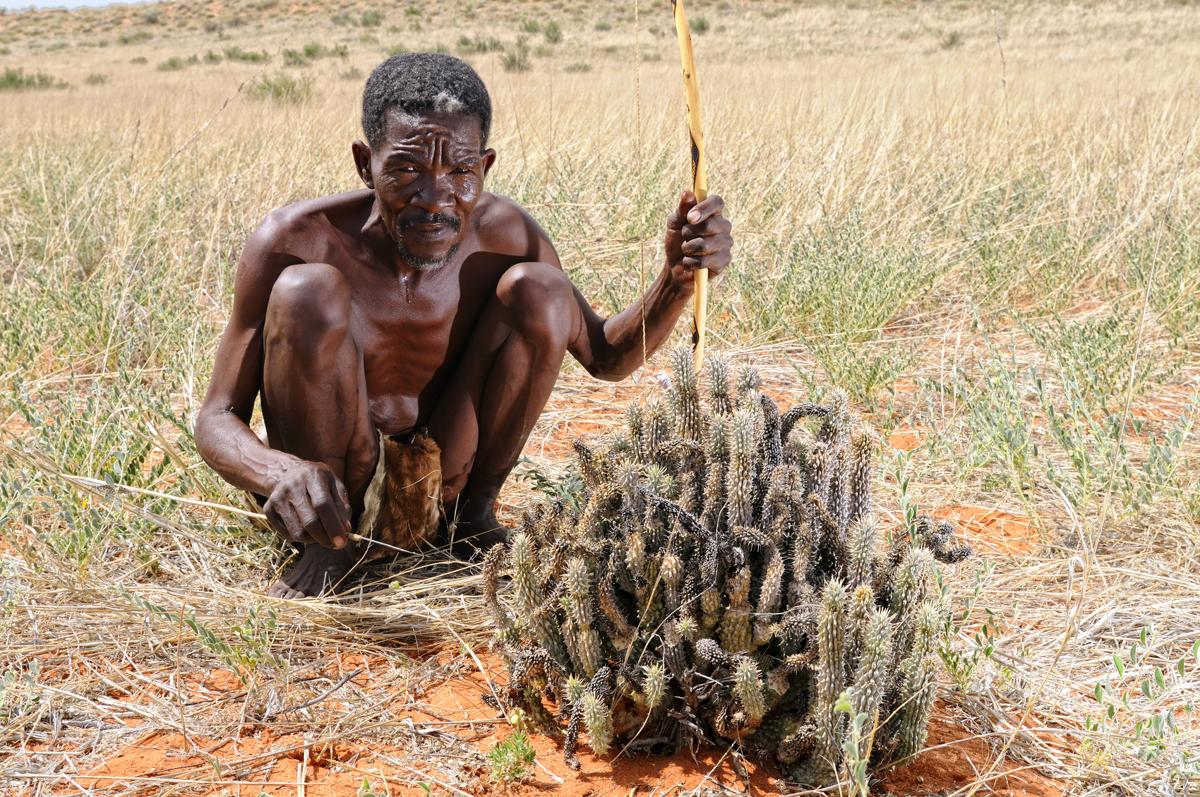
African culture is as diverse as the vast land of the continent. The following article will cover some information on their culture and introduce you to this beautiful continent.
Every country has its own traditions. Of all the countries in the world, African culture stands out. It is rich and diverse as it keeps changing from country to country in the continent. Africa is one individual continent within which many cultures and traditions can be found. That’s what makes it so mesmerizing and attractive to people around the world. Its culture centers around the ethnic groups and their family traditions. African art, music, oral literature, all display the religious and social patterns of its culture.
Africa ~ An Influx of Cultures
The hominid race was walked the land of Africa around 8 million to 5 million years ago. Many different languages, religions and types of economic activities developed on this continent. The Arabs crossed into North Africa in the 7th century AD. By the 19th century the Arabs moved to East and Central Africa. During the 17th century, European settlers came near the Cape of Good Hope. Their descendants moved to present day South Africa. Indians moved to Uganda, Kenya, Tanzania and South Africa.
People of Africa
There are many tribes, ethnic groups and communities in Africa. Some communities have a large population of about millions of people, while some ethnic tribes number a few hundred. Each tribe follows its own culture and tradition.
The Afar are tribal people that live in Ethiopian desert lands. They follow their own culture, and are nomads, living solely on their livestock. When you move to the central highland plateau in Ethiopia, you will meet the Amhara people. These people are farmers and have their own language. Their words and letters have had an influence on Arabic and Hebrew languages.
The Republic of Ghana is home to the Anglo-Exe people. There are six main ethnic tribes in Ghana, the Akan that includes the Ashanti and Fanti, the Ewe, the Ga-Adangbe, the Mole-Dagbani, the Guan and the Gurma.They practice the drum dancing ritual and have three military units, whose sole aim is to protect their tribal African culture. The Ashanti people of Western Africa in central Ghana focus on spiritual and supernatural powers. Men follow polygamy, which is thought as a symbol of generosity. Major languages spoken are Twi, Fante, Ga, Hausa, Dagbani, Ewe and Nzema. The official language of Ghana is English.
Bakongo people are natives of Congo to Angola along the Atlantic coast. These people produce cash crops like cocoa, palm oil, coffee, urena and bananas. There are many small villages that make up the entire tribal community. They are staunch followers of spiritual and ancestral cults. The Bambara form the dominant group of the Mali. The Bambara are farmers that grow crops and raise livestock. The Dogon are farmers famous for their artistic designs in wood carvings and elaborate masks. They wear over 80 varieties of mask in their dances which depends on their celebration. Fulani tribes are also called the Fulfulde or Peul. They are the largest nomadic tribes in the world.
Coming to Northeastern Zambia, you will meet the Bemba people. They have strong religious beliefs that focuses on the higher god of Leza. They believe he has magical powers and controls fertility in people. Berber is one of the oldest tribes of Africa. They live in many countries throughout Africa. They are mainly found in Algeria and Morocco. They are followers of Islam. The Akye are people who live in southern Côte d’Ivoire. They believe in the supreme god who takes on different names according to a particular religion. The other tribes of Ivory Coast include the Dan, Akan, Anyi, Aowin, Baule and Senufo.
Malawi is called the ‘warm heart of Africa’, due to the friendly people and warm climate. The ethnic groups of Malawi include Chewa, Nyanja, Yao, Tumbuka, Lomwe, Sena, Tonga, Ngoni, Ngonde, Asian and European. The largest population group is formed by the Chewa people.
Traditions of Africa
As you have read in the above paragraphs, African culture is mixed with the innumerable tribes and ethnic groups. The influence of European and Arab cultures, has also provided a taste of uniqueness to the culture of Africa. Family is the most important part of every culture here.
According to one unique traditional culture, the people of Lobola follow an interesting custom. The groom has to pay the father of the bride to compensate for the ‘loss’ of his daughter to the man in marriage. Traditionally, the groom had to pay in cattle, but nowadays the father of the bride is compensated in cash. This tradition has deep-rooted reasons for bringing families together. It helps build mutual respect between the families and shows the father, that the boy is capable of providing and supporting his daughter.
In many customs, the weddings are held at night under the full moon. If the moon is not bright, it is considered to be bad luck. The bride’s parents do not attend the week-long celebrations, as it is a sad event for them. The wedding celebrations are not a joyous event for the parents of the bride. Polygamy is practiced in many African cultures.
As long as a man can support his wives, he can marry. The wives share the responsibility of housework, raising children, preparing meals, etc. Polygamy is supposed to bring families together and help in thinking about the welfare of others. Family protection is the core value followed in African tribes. Members look out for one another, take care of each other in times of need, hunt together and make sure no child is abandoned.
Children are taught, from a very young age, the core values of tribes and family importance. There are specific chores for each member of the group that falls in the same age group. All are expected to work for the welfare of the tribe and contribute by doing their assigned chores and obeying the sacred customs and cultures of Africa.
The coming-of-age or rites of passage, varies from tribes to tribes. Many tribes perform the circumcision of males. A few tribes perform circumcision in women as well. Circumcision is supposed to be a ritual that takes place over several months and the person is forbidden to cry or scream. If the person does scream, he or she is considered a coward.
Languages
There are over hundred languages and dialects spoken in Africa. The most prominent languages spoken include, Arabic, Swahili, and Hausa. You will find several official languages in one country. Many Africans speak Malagasy, English, Spanish, French, Bambara, Sotho, etc. There are four main language families that add to the diversity and unity of character. These four language families are Afro-Asiatic, Niger-Kordofanian, Nilo-Saharan and Khoisan.
Food
Food and drink again reflects the diversity and colonial traditions. African cuisine includes traditional fruits and vegetables, meat and milk products. A simple village diet includes, milk, yogurt, and whey. Cassava and yams are the root vegetables that are seen in most diets.Mediterranean cuisine from Morocco to Egypt is totally different from the Saharan cuisine. The people of Nigeria and west Africa are fond of chillies and the non-Muslim population include alcoholic beverages in their diet. Tej is the famous Ethiopian honey wine that is a popular alcoholic beverage in interior Africa.
Africa is a large continent with many countries and each country with different people following unique traditions. You not only get lost in the African wilderness, but are completely lost in its rich traditions. If you do visit Africa, be sure you go there with an open mind and more importantly an open heart. You will come back with a little of Africa living in your heart forever. You can find many more interesting information over the Internet its culture. Africa is a living encyclopedia for those who wish to learn more about our beautiful planet.
